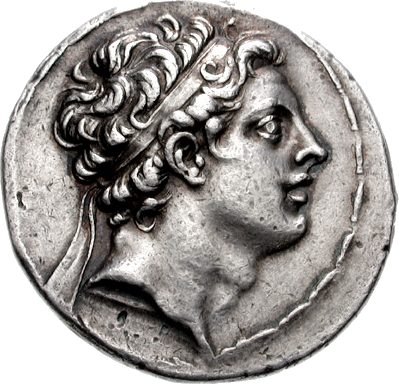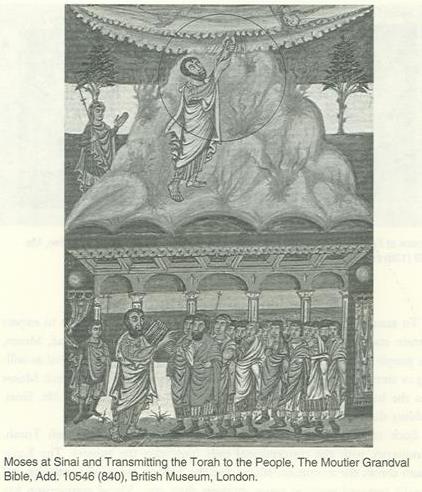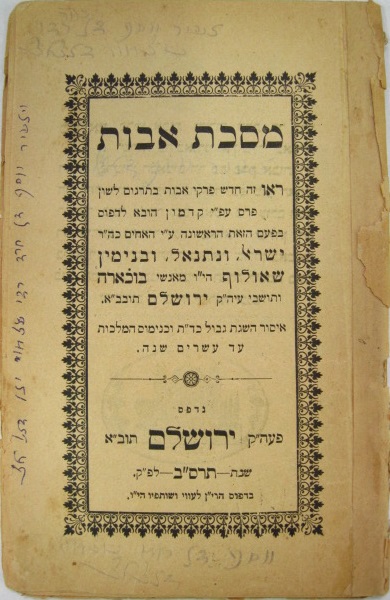
by hadassah | Aug 2, 2015 | Background
Coin of Antiochos IV Epiphanes Courtesy of Classical Numismatic Group The reverse shows Zeus(King of the Gods) enthroned carrying the Goddess Nike(Victory). See also: Silver Tetradrachm of Antiochus IV Epiphanes, 164 BCE What do you want to know? Ask our AI widget and...
by hadassah | Apr 13, 2008 | Background
Jewish Sectarianism in Second Temple Times, Lawrence H. Schiffman, Great Schisms in Jewish History (Ed. Raphael Jospe and Stanley M. Wagner), Ktav, New York 1981. I. HISTORICAL BACKGROUND IN THE FALL of 540 B.C.E., Cyrus (II) the Great, already king of Persia and...
by hadassah | Apr 13, 2008 | Background, Maccabean Period
Sectarianism in the Second Commonwealth, Lawrence Schiffman, From Text to Tradition, Ktav Publishing House, Hoboken, NJ, 1991. The years immediately following the Maccabean revolt and victory are known, after the name of the victorious dynasty, as the Hasmonean...
by hadassah | Apr 13, 2008 | Background
Essenes, Lawrence H. Schiffman, Reclaiming the Dead Sea Scrolls, Jewish Publication Society, Philadelphia, 1994. The Essenes, a sect noted for its piety and distinctive theology, were known in Greek as Essenoi or Essaioi. Although numerous suggestions have been...

by hadassah | Apr 13, 2008 | Background
The Sadducees, Lawrence H. Schiffman, Reclaiming the Dead Sea Scrolls, Jewish Publication Society, Philadelphia, 1994. Unfortunately, the scrolls give us much less direct material about the legal theology of the Sadducees than about the Pharisees. We can only...

by hadassah | Apr 13, 2008 | Background
Pharisees and Sadducees, Lawrence H. Schiffman, Reclaiming the Dead Sea Scrolls, Jewish Publication Society, Philadelphia, 1994. Not only can we understand the legal theology of the Qumran sect from the scrolls, but also we can gather from them a great deal of...



